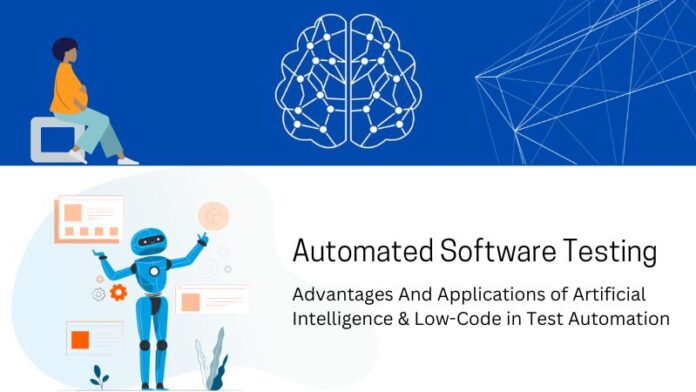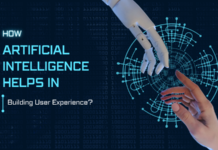A Brief Introduction to AI in Software Testing
It is a necessary step that must be taken in order to guarantee the happiness of the application’s users. It is the planned method used in test automation in which an application is watched under specified settings in order for the testers to understand the threshold and the dangers associated in the software development.
The use of artificial intelligence (AI) in software testing helps to protect an application against the possibility of application fail-overs, which might end up being detrimental to both the programme and the company in the long run. The application of artificial intelligence (AI) into our daily lives will inevitably result in an increase in the need for AI-based testing. If we use the example of self-driving automobiles as a model, we can see that if the intelligence of the vehicle fails to function effectively and it comes to an erroneous conclusion, or if the reaction time is too sluggish, this may easily result in a car accident that puts people’s lives in jeopardy.
The dynamics of software development life cycle (SDLC) are evolving toward a quality-first and quality-led approach. This change is being brought about by the concentration of attention on the phrase “Value at speed.” Software Test Automation Services in DevOps and Agile enable the “shift everywhere” approach, which in turn speeds up release times and places quality at the center of the development process. In the same manner, there are a few particular holes that have led to a reduced success rate for the adoption of test automation.
- Tools based on scripting languages need specialist programming abilities, which are seldom accessible on a large scale.
- Existing test assets become useless as a result of continuously developing applications, which impacts the return on investment.
- The capacity of a platform to handle numerous technologies or platforms is one of the limitations that custom test frameworks face, which results in scalability-related issues.
- Multiple stakeholders, including functional test engineers, automation engineers, SDETs, and business users, generate a variety of test assets, some of which cannot be utilized by other parties.
AI is the driving force behind low-code technologies and platforms, which are assisting businesses in overcoming the topical and recurrent problem of a lack of availability of the needed skillset at scale. Until recently, the software has been devouring the globe, but now AI is determining what’s for dinner. Testing, however, is still necessary for a successful launch, and this is true regardless of how advanced the technology may be. The following is a list of the primary AI use cases that script-less test automation can support:
- Democratized test designing: The systems employ artificial intelligence to visually capture user-application interactions and transform them into automated test scripts by using natural language processing (NLP) and intelligent screen recorders. The process of transitioning from manual testing to automated testing may be sped up with the help of NLP-based scripting, which can rapidly turn manual test cases into automation scripts.
- The use of artificial intelligence makes test management and suite optimization much simpler. AI can monitor application changes in real-time and automatically update tests as an application develops.
- Increased test accuracy Artificial intelligence has the potential to automate the detection and analysis of false positives, which will increase the accuracy of the test and reduce the likelihood of receiving inaccurate findings.
- Intelligent Object Location: Artificial intelligence makes it possible for automated tests to appropriately identify and interact with the UI components that need to be tested by positioning them in the right place.
- The smart debugger may examine code, track execution, or find patterns that may suggest the existence of a flaw, all of which contribute to an accelerated debugging process.
- Auto healing: Artificial intelligence enables test cases to automatically adapt to the changes made to the application and auto-heal test cases to guarantee that tests do not fail.
- When doing manual tasks that are repetitious, even the most experienced tester is going to inevitably make some errors. This is where Software Test Automation Services comes in handy since it ensures that the same or repeated actions are carried out accurately each time they are done and that accurate findings are always recorded.
Conclusion
There will come a point in the not-too-distant future when even “Continuous Testing” won’t be able to keep up with the decreasing delivery cycle times, growing technological complexity, and quickening rates of change. This point is rapidly coming. We are already beginning to apply the most fundamental types of AI Software Test Automation Services; nevertheless, we need to continue the testing development in order to attain the level of efficiency necessary for testing robots, the Internet of Things, and other related technologies.
Author Bio:
I am Evan Gilbort work with Aegis Softwares as a software developer. I have vast experience in automated software testing services, Snowflake development, CRM, Tableau BI Development as well as Java application development.
















